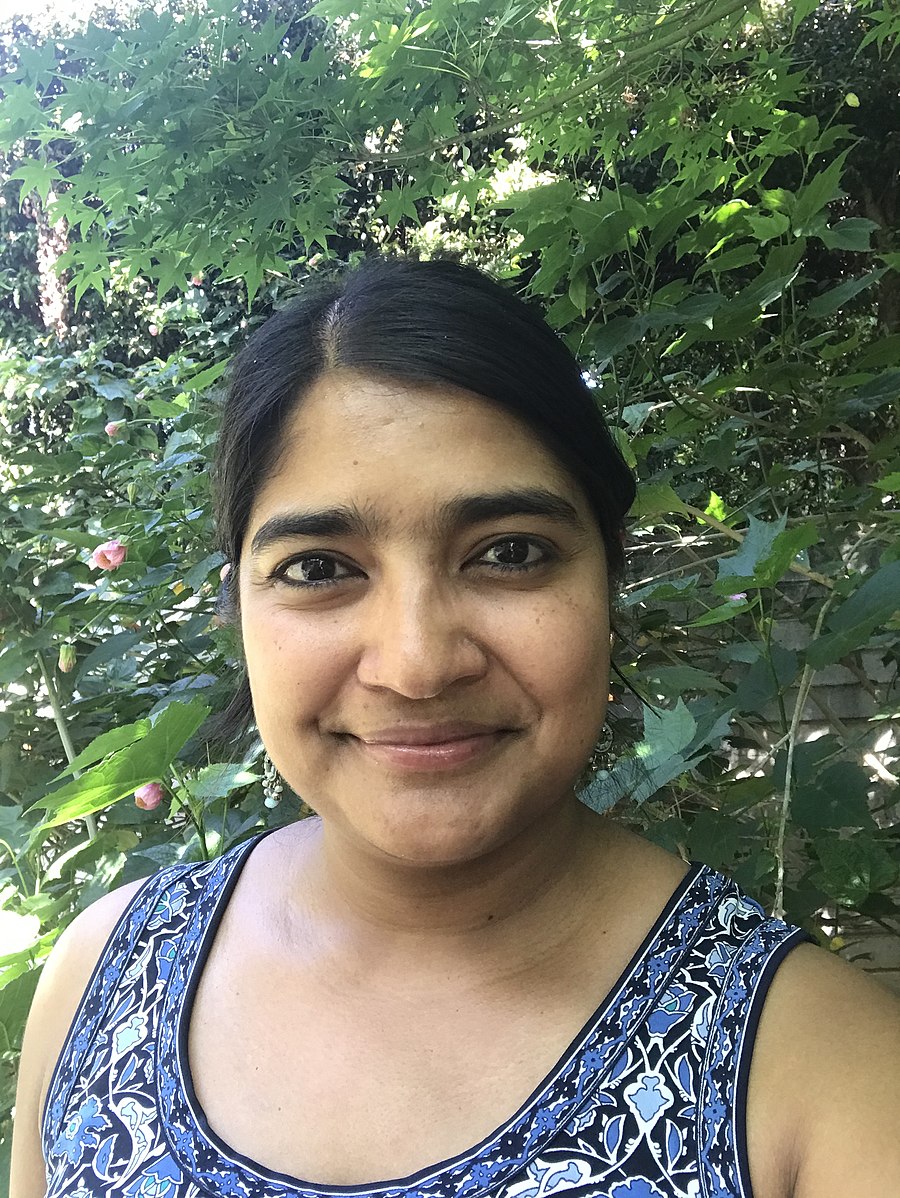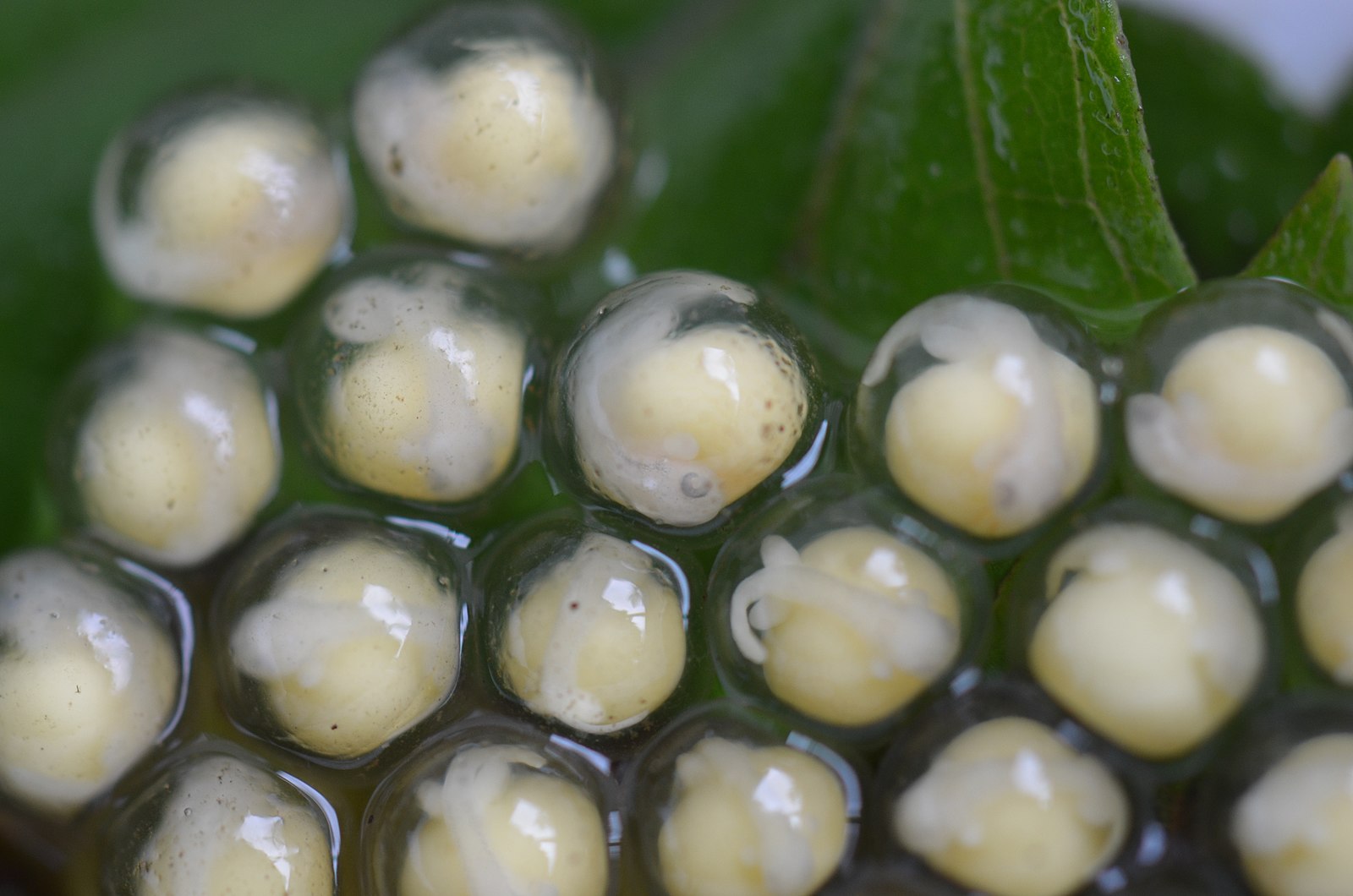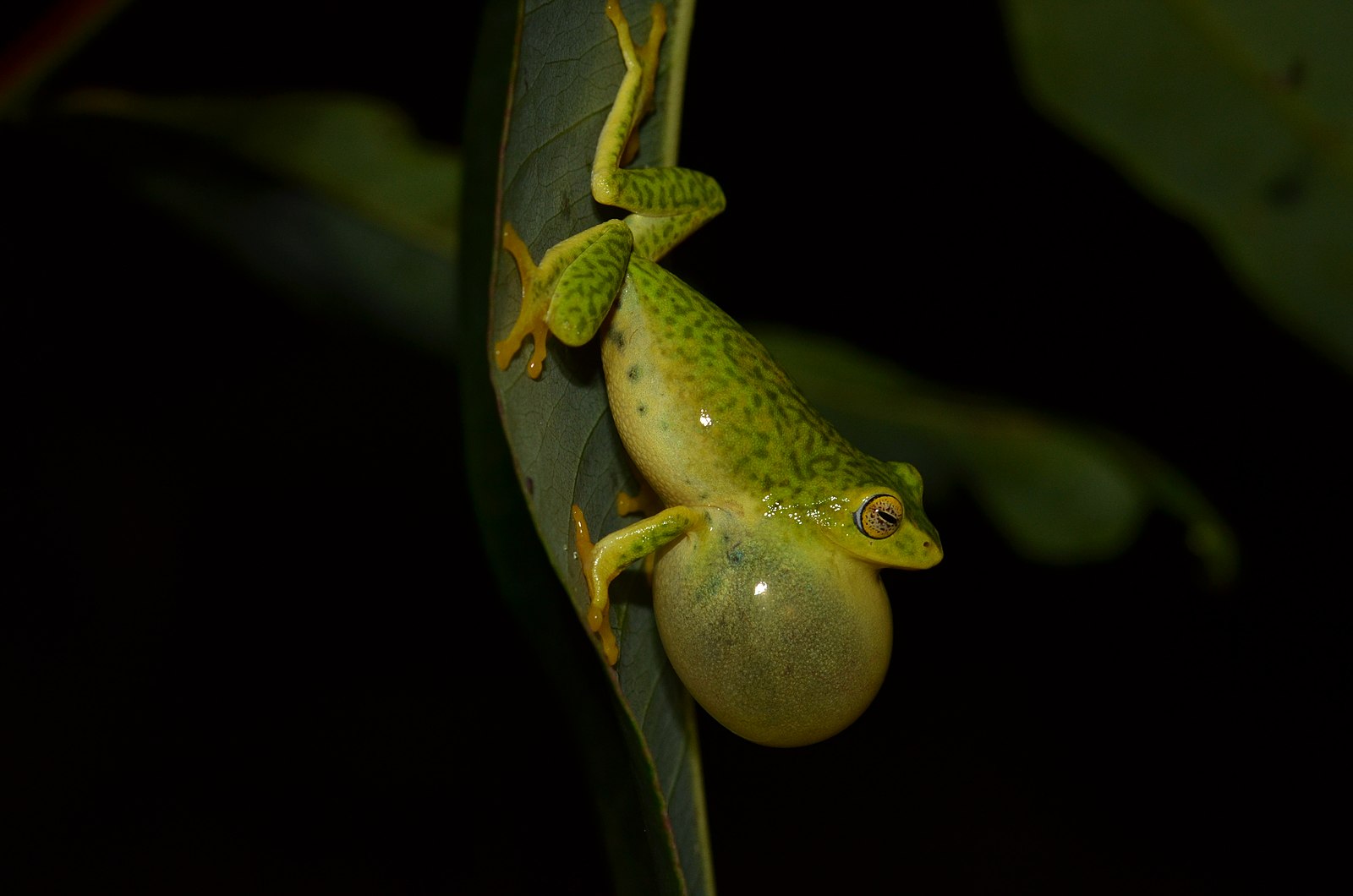Dr. Lilly Eluvathingal is an Instruction + Science Research Specialist at Occidental College. She recently completed one of our Wiki Scientist courses, in which she learned how to add content to Wikipedia pages in her area of expertise.

As someone who grew up in the 90’s I definitely looked to Wikipedia for a quick introduction to a topic, but I never pondered where and how its content was generated. However, like most academics I had been taught not to cite it and to take everything on Wikipedia with a grain of salt. Fast forward 12 years to when I was attending the American Society for Ichthyologists and Herpetologist annual meeting and attended a symposium run by Wiki Education. The symposium inspired me to try conducting an interesting assignment that would touch on several information literacy criteria in a 100 level Biology class at Occidental college in Los Angeles.
While the assignment itself was mostly successful because the students in my class worked together to update existing (but undeveloped) Wikipedia pages of animals that excited them, I quickly realized that I lacked the expertise I wanted to support the assignment. Wiki Education does have an incredible system in place that allows an instructor who isn’t confident to work with Wikipedia editing to run Wikipedia-based assignments. The students in the class were happy about the assignment and said that it really taught them the value of taking the time to understand the premise of a website or any other online content. However, I left that class wanting to invest more time learning how to edit Wikipedia before taking a stab at assigning a Wikipedia assignment again or even recommending it to another faculty member, since I have now transitioned to a role equivalent to a Science Librarian and want to be better able to guide other instructors running Wikipedia assignments.

I had signed up to get emails from Wiki Education and the opportunity to join the Science and Society course in 2020 as a part of professional development was too good to ignore. I initially signed up thinking that I would create pages around research topics in the Biology department (I hope to get to that with the help of our student body) and then decided instead to work on developing species and genus records of herpetofauna that I had directly worked with during my graduate research instead. The reason was twofold; I knew that I had the expertise to evaluate all the material and that I could very easily reach out to experts if I got stuck anywhere. I also realized that I was sitting on a huge collection of high-quality images that would be best used if shared on the Wikimedia Commons platform rather than sitting on a personal hard drive. With that in mind I started working on one species page for Raorchestes jayarami and one genus page on Raorchestes that were stubs and needed improvement. Along the way, due to time constraints, I narrowed my focus to the genus stub and was humbled by how much more information I needed to synthesize than I had originally planned for. My research on the anurans of the genus Raorchestes had been limited to species in south India and I hadn’t parsed through material from other parts of Asia. To do justice to the page I needed to make sure it was as complete as possible. I was also surprised by the lack of reaction to updates on these pages which was well supported by discussions in the course about biases on Wikipedia and really thinking about how the idea of ‘notability’ differs vastly because of biases in historic representation.

One of the things that kept me going were our weekly Zoom meetings where all the participants discussed progress, general questions and concerns, and learnt more about the Wikipedia community. It was motivational to see all the progress that my fellow participants had made, the complex questions that they had, and to learn about wiki gnomes and other wonderful wiki beings. While I did struggle to dedicate the recommended weekly time to the course, I learnt a lot from these regular discussions with the group. The Slack channel for the course was an added plus for feedback and suggestions during other times.
After the experience of the class, I plan to continue working on species and genus pages, as well as others, time permitting. And my advice to anyone on the fence about running a Wikipedia assignment is to be brave and take the plunge. Wiki Education has wonderful staff who are driven to scaffold such endeavors and make it a fruitful foray into integrating information literacy in your classroom.
To teach a Wikipedia writing assignment in your own course, visit teach.wikiedu.org.
Join folks working in Academia, political science, public policy, and journalism as they improve Wikipedia pages related to COVID-19 by applying for our free Wiki Scientist course here.
